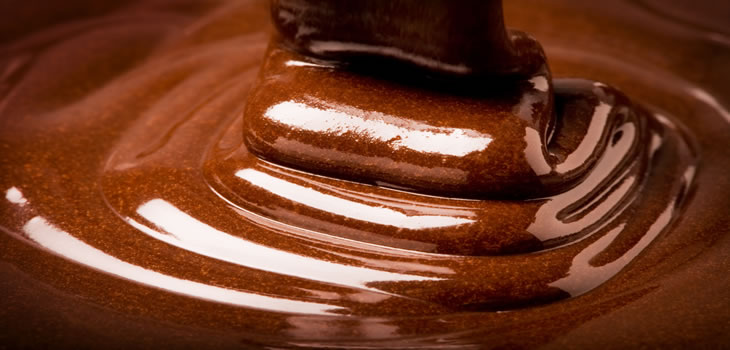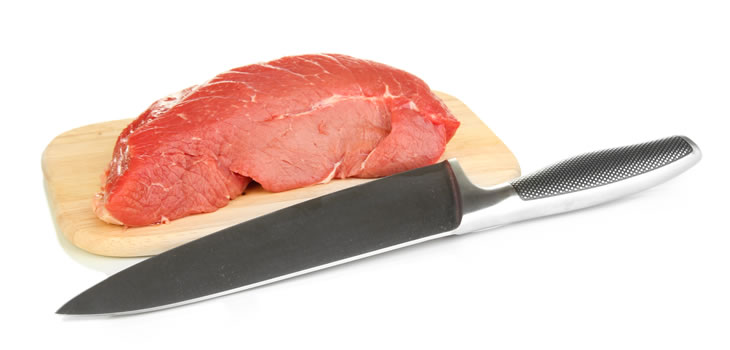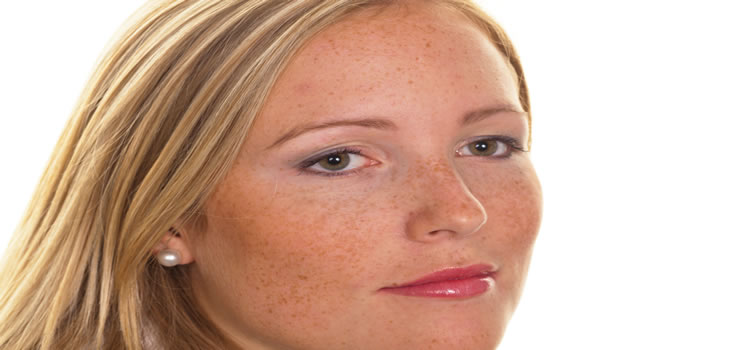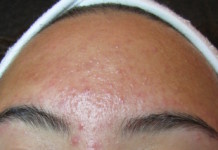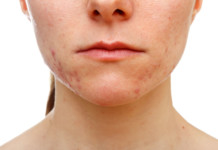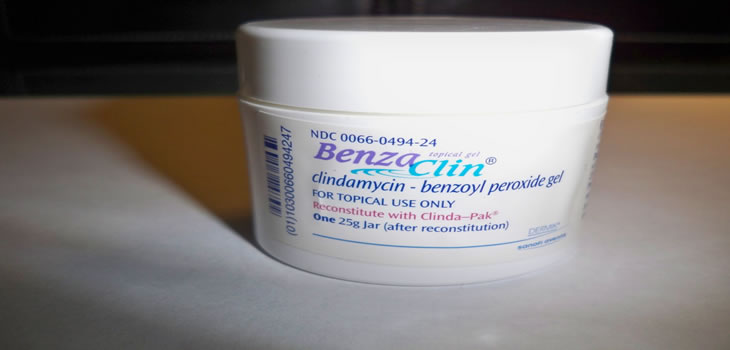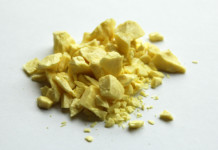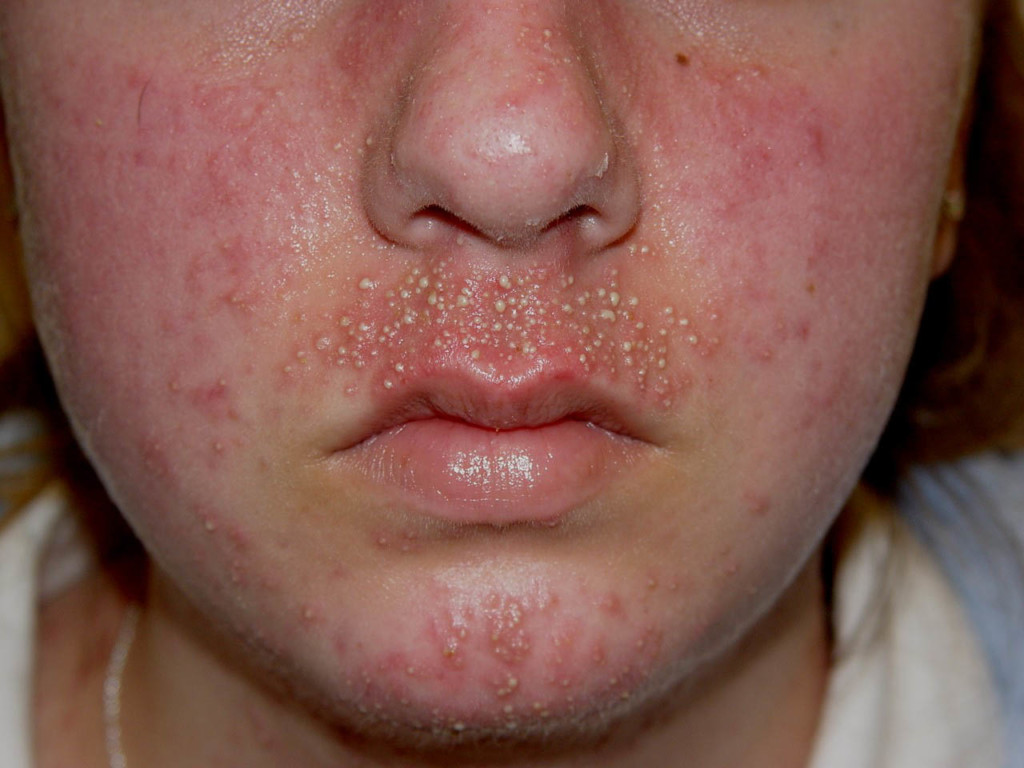 Many people think that there is no possible treatment for acne conglobata. But, this is not true. Though acne conglobata is quite rare and a severe form of acne, it can be cured. Usually, it is manifested in the form of lesions or comedones that develop in clumps of two or three. Consequently, inflammatory nodules also appear around these clumps of comedones. They gradually swell in size and then burst out producing foul smelling pus. Ulcers can also form below these nodules which combine together under the skin to form abscesses. These abscesses are known to leave behind deep and irregular scars.
Many people think that there is no possible treatment for acne conglobata. But, this is not true. Though acne conglobata is quite rare and a severe form of acne, it can be cured. Usually, it is manifested in the form of lesions or comedones that develop in clumps of two or three. Consequently, inflammatory nodules also appear around these clumps of comedones. They gradually swell in size and then burst out producing foul smelling pus. Ulcers can also form below these nodules which combine together under the skin to form abscesses. These abscesses are known to leave behind deep and irregular scars.
Characteristics of acne conglobata:
Acne Conglobata is an infectious form of acne, and it typically appears between the age of 18 and 30 years. In some occasions, it may continue for many years, till the age of 40 years. Acne Conglobata usually occurs to people having active acne infection. This form of acne hits males more than the females, and may even occur in infants. It may develop in different parts of the body such as the back, face, buttocks, chest, upper arms, shoulders, and thighs.
Treatment for acne conglobata:
The retinoid drug Isotretinoin is the main acne medication used to treat acne conglobata. It is mainly derived from Vitamin A and is marketed under the brand name Accutane. This acne medication works by controlling the excess production of oil by sebaceous glands present under the skin. This acne medication is available in the form of tablets; and this treatment is usually prescribed for a 15 to 20 week course.
A single course of the retinoid drug Isotretinoin is enough to clear acne conglobata; and it usually gives long term relief to most patients. This acne treatment medication may be at times combined with systemic steroids like prednisolone, mainly if the systemic symptoms are present.
Tretinoin is yet another retinoid drug which can help to treat acne conglobata by reducing the lesions. Your dermatologist may also prescribe certain antibiotics such as tetracycline or erythromycin, along with the medication.
Surgeries to treat acne conglobata:
Surgical techniques should be used as the last option to treat acne conglobata. The large hemorrhagic developed in severe cases of acne conglobata can be removed by the help of surgery. Sometimes, dermatologist may suggest patients to go for surgeries in order to remove the large connected nodules. Acne conglobata can also be treated through other ways like carbon dioxide laser, followed by topical tretinoin therapy. Many doctors also recommend injecting triamcinolone into the acne nodules.



